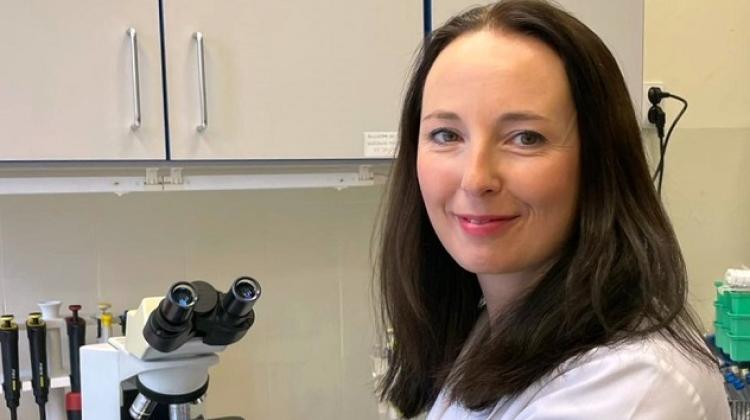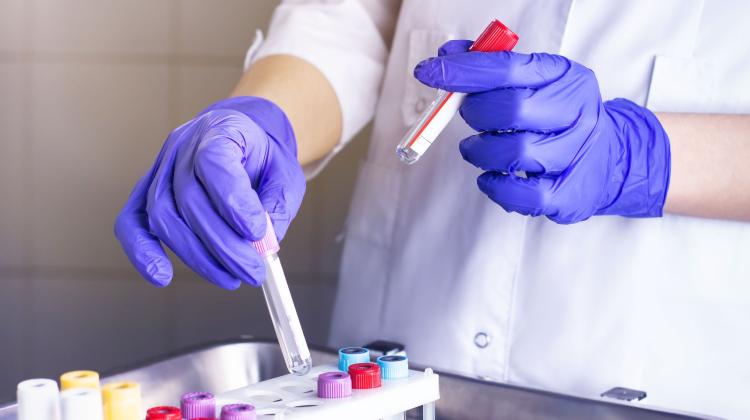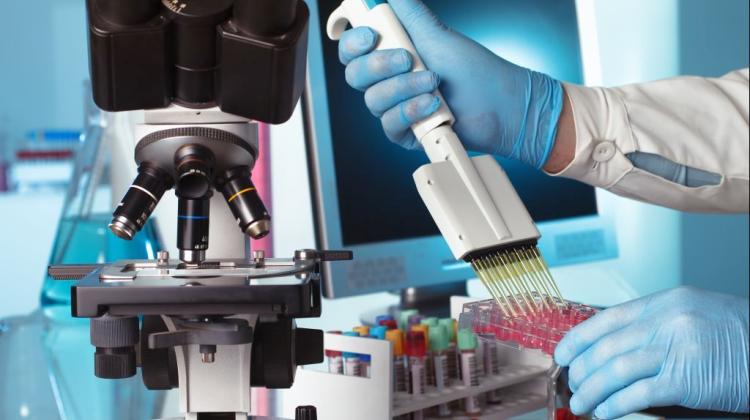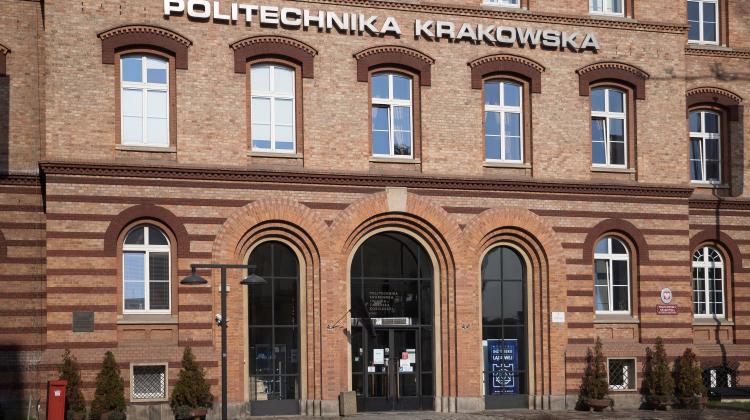Polish scientists patent method of detecting genetic predisposition to aggressive breast cancer
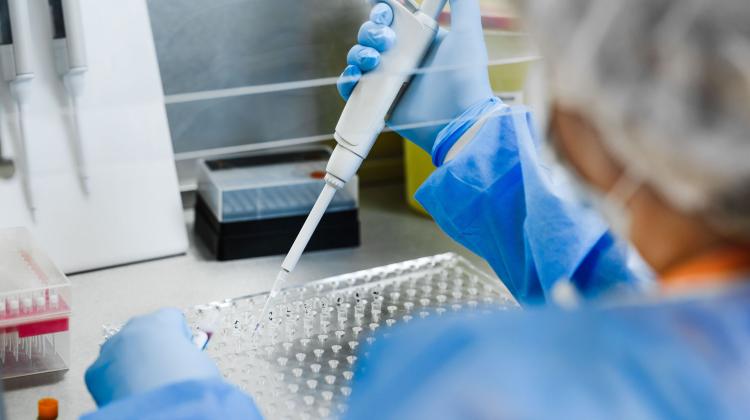 Credit: Adobe Stock
Credit: Adobe Stock
Scientists in Poznań have developed a new method for detecting genetic predisposition to aggressive breast cancer.
Professor Andrzej Pławski and Emilia Lis-Tanaś from the Innovative Medical Center of the Institute of Human Genetics of the Polish Academy of Sciences in Poznań have now been granted a patent to 'quickly and precisely’ detect the most common point mutations in the RECQL and PALB2 genes.
Between 5-10 percent of cases of breast cancer are associated with genetic predispositions.
RECQL and PALB2 gene variants in breast cancer patients cause an extremely aggressive form of breast cancer with a poor prognosis and incidence reported at a very young age. The most common mutations of these two genes in the European population are three point mutations: c.1667_1667+3delAGTA in RECQL, c.509_510delGA and c.172_175delTTGT in PALB2, and deletion of exon 9 of the PALB2th gene.
The simultaneous detection of point mutations and lesions involving larger DNA fragments poses a diagnostic problem because it requires the use of expensive and labour-intensive analyses.
The detection method developed by the scientists is based on the use of novel comparative-high resolution melting (C-HRM) - simultaneous detection of point mutations and copy number variations. The method was developed and published by Professor Andrzej Pławski 's team in 2014.
According to the expert, the identification of the genetic mutations associated with breast, prostate and ovarian cancers is important for the application of right therapy.
Professor Pławski said: “Carried mutations in DNA repair genes is important for prevention and proper treatment. The response of DNA-mutation carriers to treatment is quite different from the response of those carrying sporadic cancers, without mutations in DNA repair genes.”
He added that for this reason, a rapid method of identifying the most common mutations in DNA repair genes offers greater opportunities to improve the effectiveness of treatment of such cancers.
He said: “Mutations of the RECQL and PALB2 genes can occur in approximately 1 percent of breast cancer patients. These cases usually occur at an earlier age and have a worse prognosis.”
PAP - Science in Poland
zbw/ ekr/ kap/
tr. RL
Przed dodaniem komentarza prosimy o zapoznanie z Regulaminem forum serwisu Nauka w Polsce.


